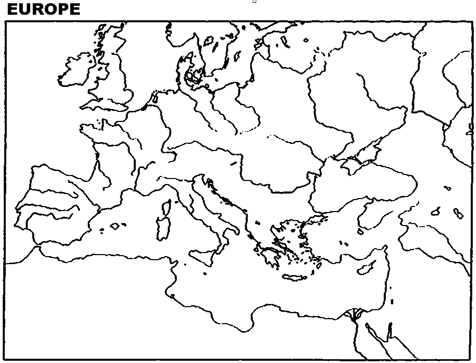Exam 14: The Reformation: the Shattering of Christian Unity
Exam 1: The Ancient Near East: The First Civilizations85 Questions
Exam 2: The Hebrews: a New View of God and the Individual90 Questions
Exam 3: The Greek City-State: Democratic Politics78 Questions
Exam 4: Greek Thought: From Myth to Reason77 Questions
Exam 5: The Hellenistic Age: Cultural Diffusion76 Questions
Exam 6: The Roman Republic: City-State to World Empire75 Questions
Exam 7: The Roman Empire: a World-State90 Questions
Exam 8: Early Christianity: a World Religion79 Questions
Exam 9: The Heirs of Rome: Byzantium, Islam, and Latin Christendom95 Questions
Exam 10: The High Middle Ages: Vitality and Renewal83 Questions
Exam 11: The Flowering of Medieval Culture: the Christian Synthesis78 Questions
Exam 12: The Late Middle Ages: Crisis and Dissolution76 Questions
Exam 13: The Renaissance: Transition to the Modern Age88 Questions
Exam 14: The Reformation: the Shattering of Christian Unity84 Questions
Exam 15: European Expansion: Economic and Social Transformations88 Questions
Exam 16: The Rise of Sovereignty: Transition to the Modern State84 Questions
Exam 17: The Scientific Revolution: the Universe Seen As a Mechanism81 Questions
Exam 18: The Age of Enlightenment: Reason and Reform89 Questions
Select questions type
Instructions: Please use this outline map of Europe to answer the question(s).
 Locate and label the following important sites of the age of Reformation: Wittenberg; Worms; Geneva; Münster; Trent.
Locate and label the following important sites of the age of Reformation: Wittenberg; Worms; Geneva; Münster; Trent.
(Not Answered)
This question doesn't have any answer yet
When he became the leader of the German Reformation, Luther chose
(Multiple Choice)
4.8/5  (32)
(32)
Key Terms Instructions: Please define the following key terms. Show Who? What? Where? When? Why Important?
indulgences
(Essay)
4.9/5  (36)
(36)
Showing 81 - 84 of 84
Filters
- Essay(0)
- Multiple Choice(0)
- Short Answer(0)
- True False(0)
- Matching(0)